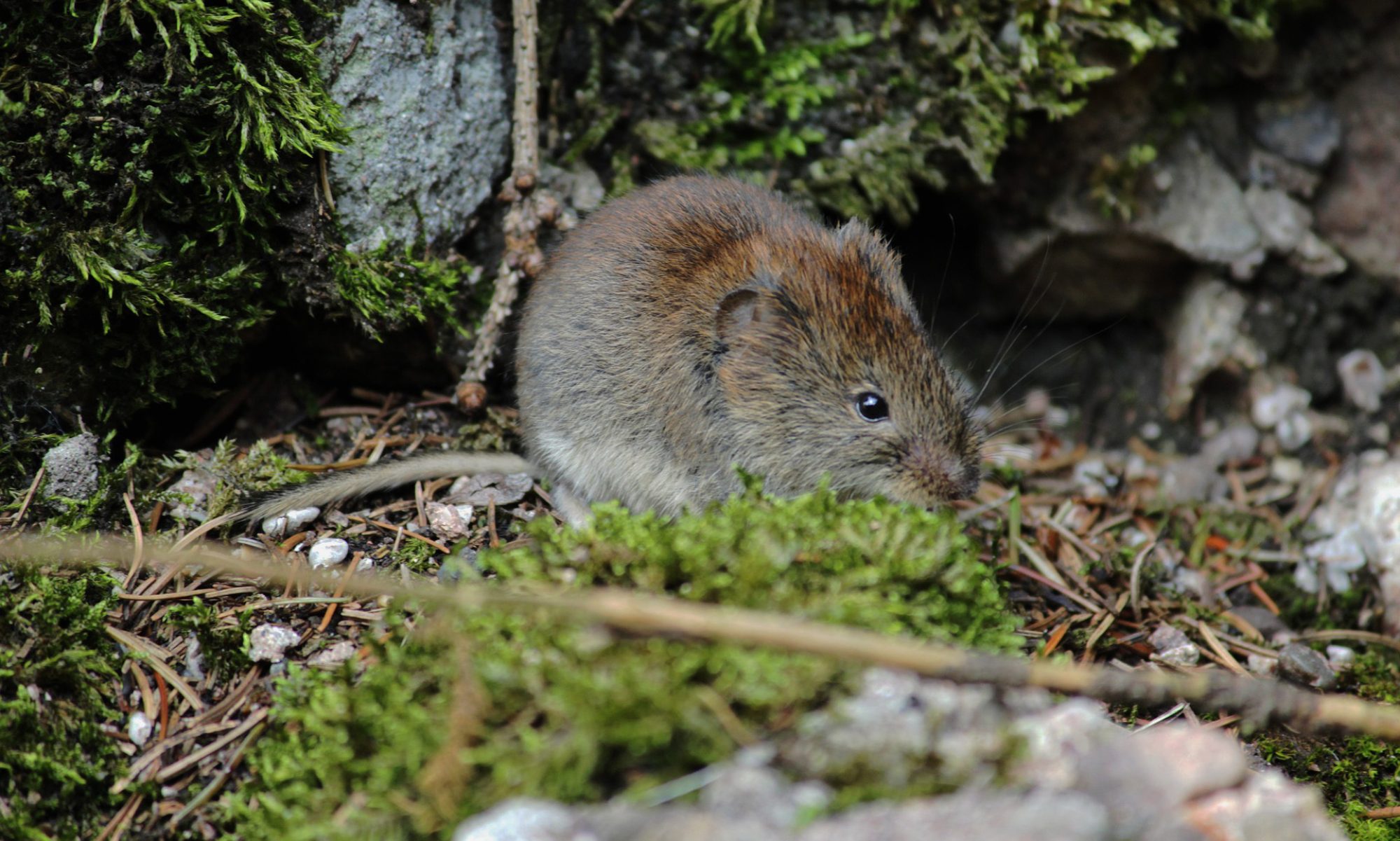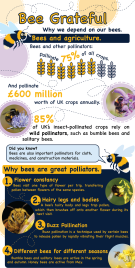Neonicotinoid insecticides are used in some pesticides to kill insects which damage crops. The use of most neonicotinoids was severely restricted in the EU and UK, in 2013, due to their negative impact on bees and other essential pollinators. By 2020, all but one of these neonicotinoids were no longer approved for use.
GREAT! SO WHAT’S THE PROBLEM?
Neonicotinoid pesticides have been proven to harm wildlife, such as bumblebees and solitary bees, aquatic invertebrates, and even birds. With a partial ban in effect in Europe, small measures have been taken to conserve our animals, but there is still much more work to be done.
On the 23rd of January 2023, the English government made the announcement that for the third consecutive year, the usage of thiamethoxam, a prohibited neonicotinoid pesticide, will be authorized for the cultivation of sugar beet in England. A single teaspoon of this toxic chemical is enough to take the lives of a staggering 1.25 billion bees!

Neonics are related to Nicotine and target the nervous system; this means that invertebrates can be affected in different ways. Even small doses lead to devastating effects, such as making a bee not able to forage for food properly, or queen bees laying less eggs. The original tests were never designed to look at these effects.

Why is this important?
Bees aren’t just cute, we need them! They act as pollinators that are vital for many plant species to grow, which in turn allow for animal life to thrive, and thus maintain biodiversity. We are in the midst of a sixth mass extinction, with the planet’s biodiversity deteriorating 1000 times faster than any time in earth’s history. Bees are already on the decline worldwide due to climate change, and the usage of thiamethoxam will be another devastating blow to the natural world we simply can’t afford!

Furthermore, bees are responsible for pollinating more than 66% of the world’s crop species, which ultimately translates to one-third of the food we consume. This includes fruits, nuts, and vegetables. Crops and flowers that are pollinated by bees also allow us to produce meat, animal products, medicines, clothing, and even construction materials. Simply put, without these hard-working pollinators, our entire way of life would be in jeopardy!
WHAT’S SO GREAT ABOUT BEES, ANYWAY?



